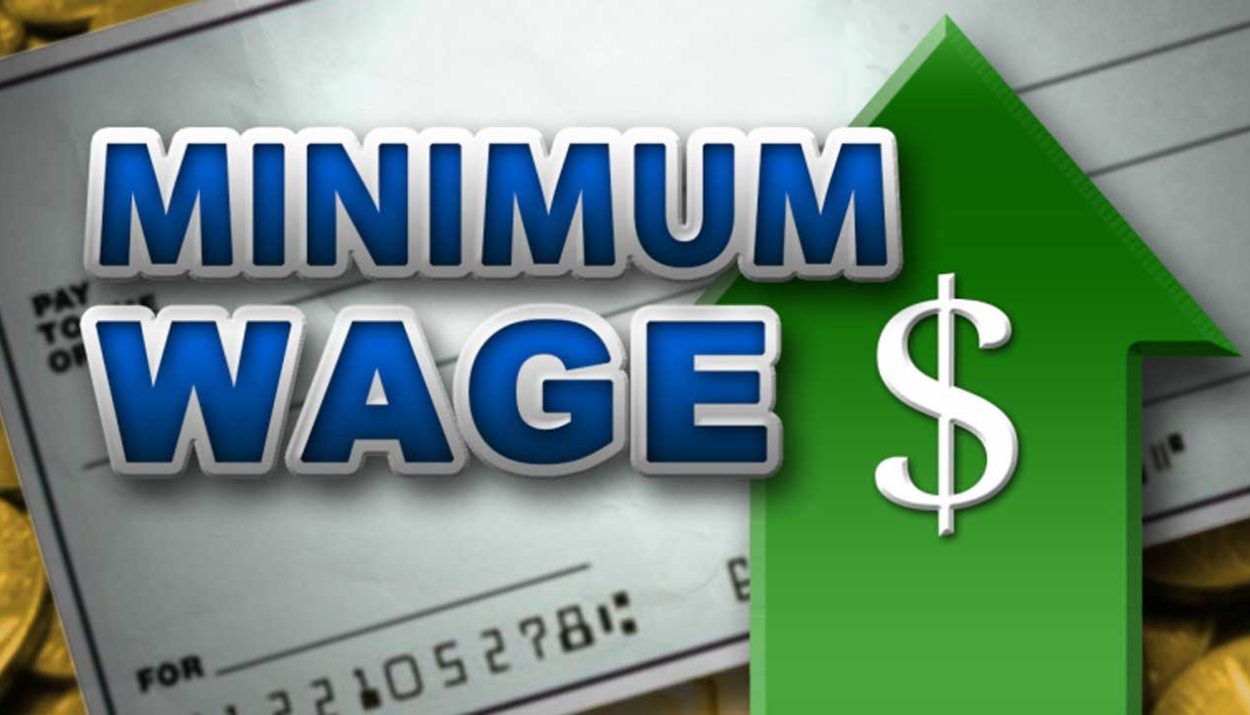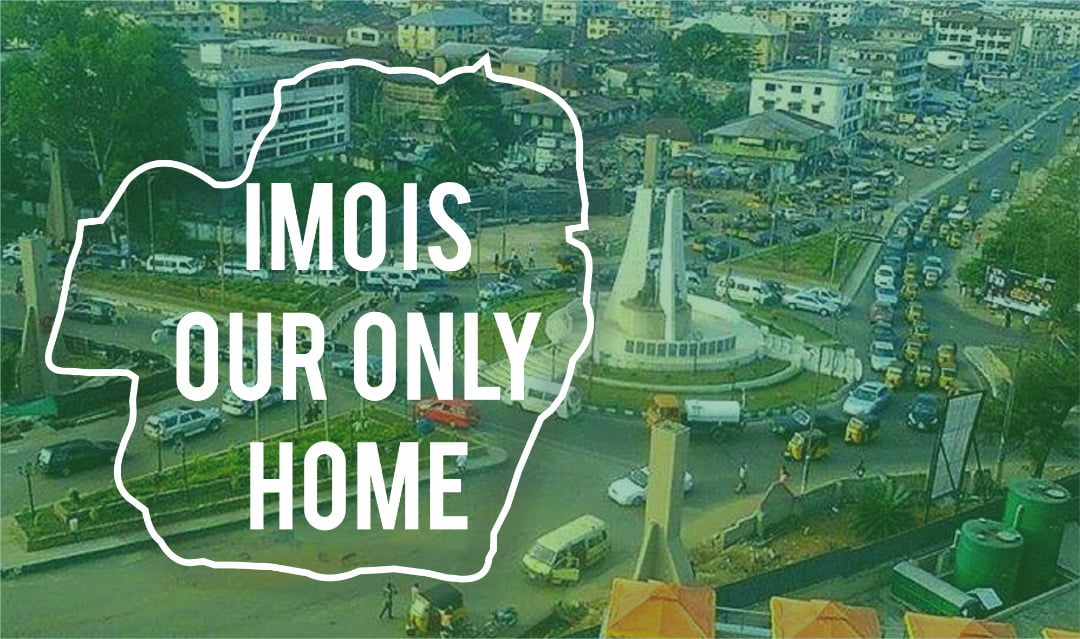State governments across Nigeria are grappling with a monumental surge in wage bills, as personnel costs for civil servants ballooned from ₦2.036 trillion in 2024 to an unprecedented ₦3.87 trillion in the 2025 approved budget—a staggering 90.23% increase.
This sharp rise, fueled by the implementation of the ₦70,000 minimum wage and a wave of political appointments, has intensified financial strain on states, with at least 27 of them unable to pay salaries without federal allocations. Budget implementation reports indicate that despite allocating ₦2.8 trillion for salaries in 2024, states ultimately disbursed only ₦2.036 trillion, highlighting a significant shortfall.
- States with the Highest Wage Bill Increases
- Niger State: 311.5% increase, from ₦25.36bn to ₦104.3bn
- Cross River State: 202% rise, from ₦35.02bn to ₦106.12bn
- Taraba State: 162% increase, from ₦36.31bn to ₦95.23bn
- Rivers State: 105.6% jump, from ₦167.05bn to ₦343.19bn
- Abia State: 134% surge, from ₦33.04bn to ₦77.34bn
- Lagos State: More than 100% increase, from ₦225.11bn to ₦401.12bn—the highest in absolute figures.
- Despite this surge, states like Gombe, Osun, and Ondo recorded the lowest increases, all below 15%, with Gombe seeing a slight 0.6% dip in personnel costs.
Challenges in Implementation
President Bola Tinubu officially approved the ₦70,000 minimum wage in July 2024 after prolonged negotiations with labor unions. However, adoption has been slow, prompting the Nigeria Labour Congress (NLC) to issue a December 1, 2024 ultimatum for full implementation. Despite pressure, several states are yet to commence payment, leaving workers in limbo.
An analysis of the budget documents reveals that while 20 states recorded personnel cost increases exceeding 50%, 16 states had more modest rises below the threshold. Some state governors have attributed the wage bill explosion to a bloated workforce and ghost workers, while economists argue that poor internal revenue generation remains the core issue.
Economic Fallout and Concerns
With 27 states unable to sustain salaries without federal aid, financial experts warn that the new wage structure may be unsustainable. Muda Yusuf, CEO of the Centre for the Promotion of Private Enterprise, criticized the cost of governance, stating, “Many states have bloated workforces due to political considerations. Ministries could function with half their current staff, but ghost workers and redundant appointments persist.”
Similarly, economist Segun Ajibola of Babcock University urged states to improve internally generated revenue without overburdening citizens, while former Zenith Bank Chief Economist Marcel Okeke blamed excessive political appointments. “Governors appoint hundreds of aides, draining state resources. Until governance is streamlined, wage bills will keep rising without economic justification,” he warned.
Public Reaction
As labor unions continue to demand full implementation, many Nigerians are questioning whether the new minimum wage is a blessing or a burden. With some states struggling to meet obligations even before the increase, the long-term impact of the ₦3.8 trillion wage bill remains uncertain.





